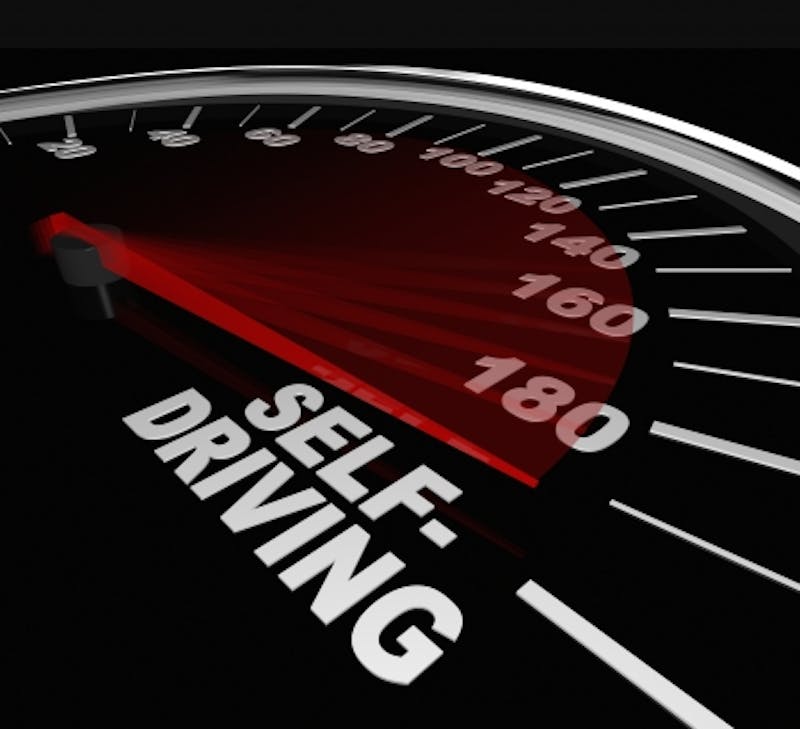
The future of America’s roads and, specifically, who will be driving the cars on those roads is an issue very much in a state of flux. Numerous technology companies, including Uber, Apple, Google and even some of the mainstream automobile manufacturers are locked in a struggle to determine who will be the first to develop a driverless vehicle. Nevertheless, and no matter which company or car manufacturer ends up winning this race, the ability of both safety regulations as well as the legal system to keep up with developments in driverless cars is an open question. There is also a question as to whether consumers will truly adopt driverless vehicles and at what pace even if the technology (a) actually is successfully developed and (b) is approved by federal and state traffic safety regulators for widespread motorist use. An even bigger question surrounding driverless cars is what the future legal landscape will look like as it relates to automobile accidents both in Florida and nationwide.
Will Driverless Cars Truly Become a Reality?
One of the obstacles to the introduction of driverless cars on America’s roads, as reported by the New York Times, is that driverless vehicles currently struggle to react to the many unpredictable situations which invariably arise on the road. As an example, Google reported to California traffic safety regulators that human drivers in its self-driving vehicles had to take control of its test cars 341 times in a 15-month period covering 2014 and 2015, including 13 times when the car would have crashed if a human driver in the vehicle had not intervened. As every driver knows, drivers always are presented with dozens of unpredictable situations on every drive. Until the technology companies have figured out how to make it so that their self-driving cars can adequately respond to such situations, it is unlikely that the federal or state governments will allow self-driving vehicles in the United States.
How Quickly Will Consumers Adopt Driverless Vehicles?
Further, there remains the question as to whether consumers will truly adopt driverless vehicles once they are actually developed and have been deemed safe by regulators. One of the problems that has bedeviled government officials charged with reducing emissions in the United States put out by automobiles is the number of older, polluting vehicles on the road. Large numbers of people with older, (presumably) paid off cars have chosen to keep driving those cars rather than purchasing newer, more fuel efficient models. The same will likely happen when driverless vehicles become available. Therefore, even if driverless cars do become the norm on the road in the next decade or so, there likely will still be a large number of human-piloted cars on the road alongside those driverless vehicles.
Accidents, and Lawsuits, Will Still Occur in a World With Driverless Cars
Accidents will still occur and thorny issues with respect to regulation, apportionment of liability and damages will remain with respect to automobile accidents regardless of when, and if, driverless vehicles become the norm. For example, dogs will continue to run into the road to chase after squirrels and no computer algorithm controlling a driverless vehicle will be able to correctly predict how to avoid every accident. Further, if large numbers of driverless cars are on the road with human-driven vehicles, there surely will be accidents between those two sets of vehicles. With the current track record of driverless cars as described above in the article in the New York Times, these accidents may be as likely (if not more) to be caused by the driverless car. Regardless of whether, or how quickly, driverless technology is adopted, there will still be lawsuits and a need for judges and juries to sort out what will continue to be complicated issues related to liability. Therefore, even if driverless cars become the norm in the United States, no doubt there will still be lawsuits involving car accidents and a need for the court system to address disputes regarding the causes and effects of such accidents.
Copyright: iqoncept / 123RF Stock Photo
